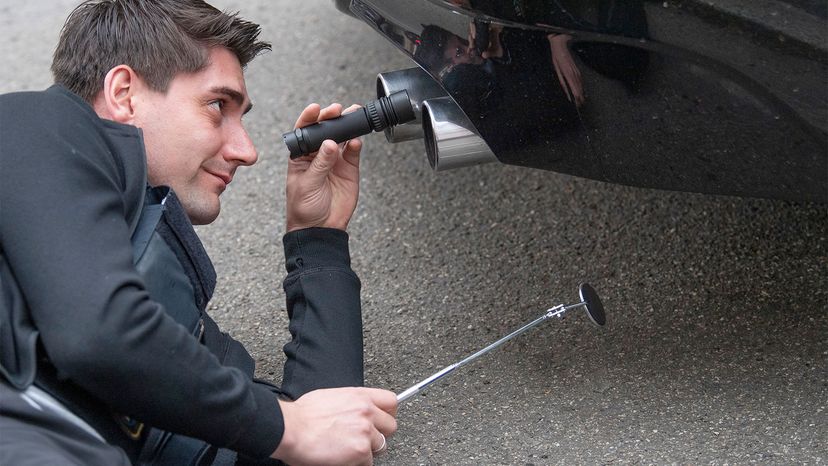
Cars made today are pretty quiet. A car that is working well and firing on all cylinders, so to speak, barely makes a whisper. This can make it particularly jarring when you hear your car making some unexpected sound—either under the hood or in the rear of the vehicle. It helps to know what the sounds you hear mean, as these sounds are essentially the car trying to tell you something important. Knowing when it is time to bring your car into a garage for repairs often starts with you hearing an unexpected and unfamiliar sound. To help decipher those noises, here is a list of sounds cars make and what those sounds mean.
Advertisement